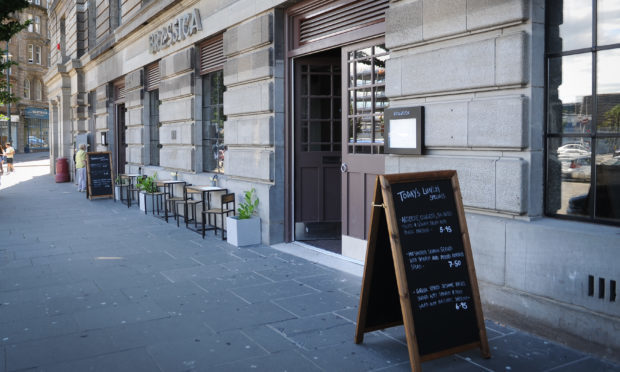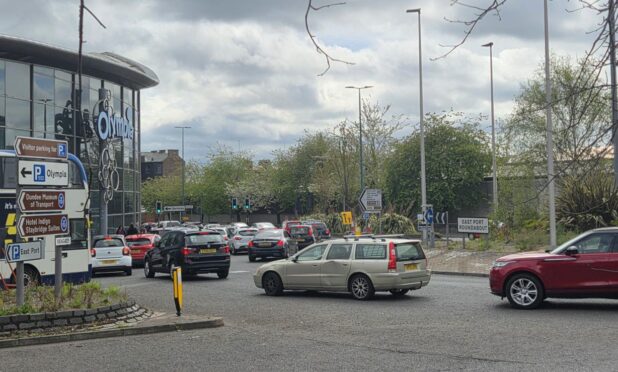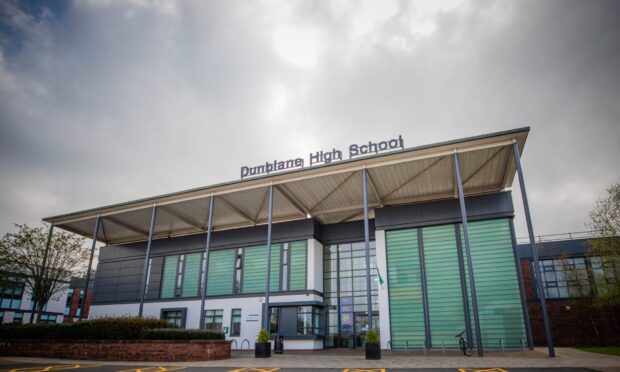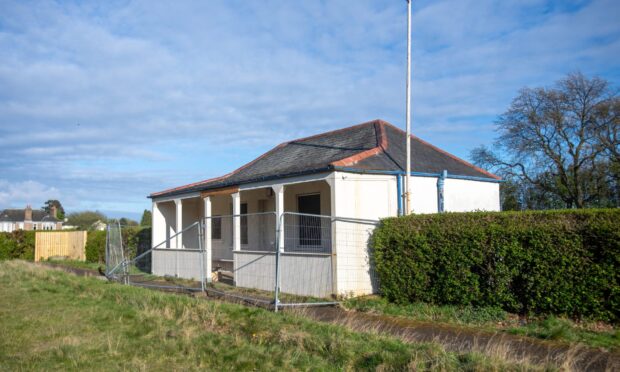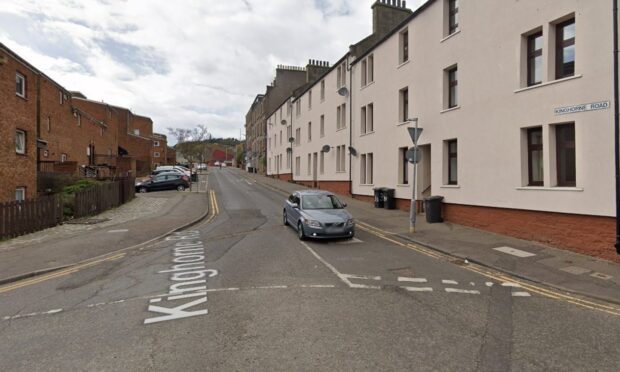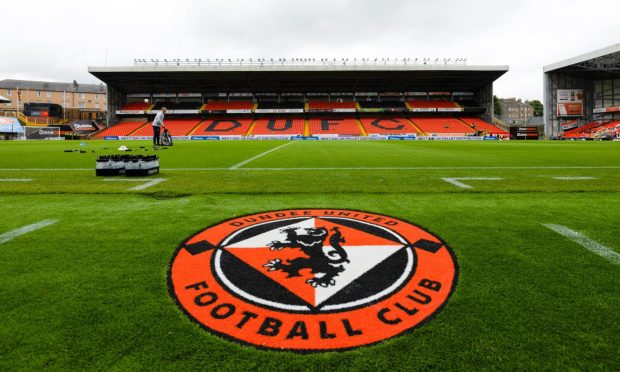For staff at Dundee restaurant Brassica who walked out over non-payment of wages this week, Prime Minister Theresa May’s claim that the era of austerity is over must have seemed like a cruel joke.
Front-of-house staff at the waterfront restaurant claim they are owed around £20,000 in back wages and that they have been regularly been paid late since Brassica opened to great fanfare in June.
At the time of writing, the restaurant remains closed and although staff have been given some of what they are owed, and co-owner Dea McGill is adamant it will re-open soon, the prospects do not look good.
Meanwhile, those staff who have not been given their wages have been left with no cash to pay vital bills and, in some cases, are struggling to keep a roof over their head.
Left-wing campaign group Dundee Against Austerity said the crisis at Brassica proves their claims that a “trickle-down effect” caused by the V&A will not benefit ordinary Dundonians.
That, in all honesty, is a bit of a reach. The failure – whether permanent or not – of one business does not indicate whether the V&A and wider waterfront regeneration has been a success or not.
Where Dundee Against Austerity are on surer ground, however, is when they say austerity and poverty has become the norm across the UK.
The truth is that many workers up and down the country would find themselves in exactly the same situation as Brassica staff if their employers were, for whatever reason, unable to pay wages one month.
Homeless charity Shelter has said around eight million people in the UK could only have enough savings pay their rent or mortgage for another month if they lost their job. Plenty don’t even have that.
Meanwhile, the Office for National Statistics has revealed that last year British families spent, on average, £900 more than their income last year and consumer debt on loans, credit cards and the like now stands at an unsustainable £200 billion.
In other words, most people in the UK, even those in decent jobs, are bouncing from payday to payday and are only a step away from crisis.
If, as expected, prices for necessities like food begin to rise after Brexit, then things will become even harder.
Families will have no choice but to tighten their belts and that will mean less spending on luxuries like restaurants.
This means, eventually, fewer restaurants, fewer jobs and even less money in the economy.
The Prime Minister may be right when she claims austerity is over.
But what comes next may be even worse.
